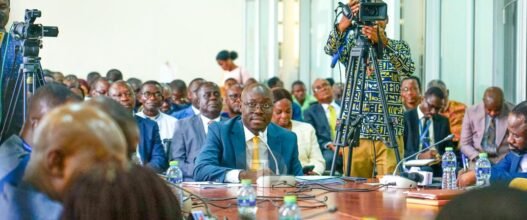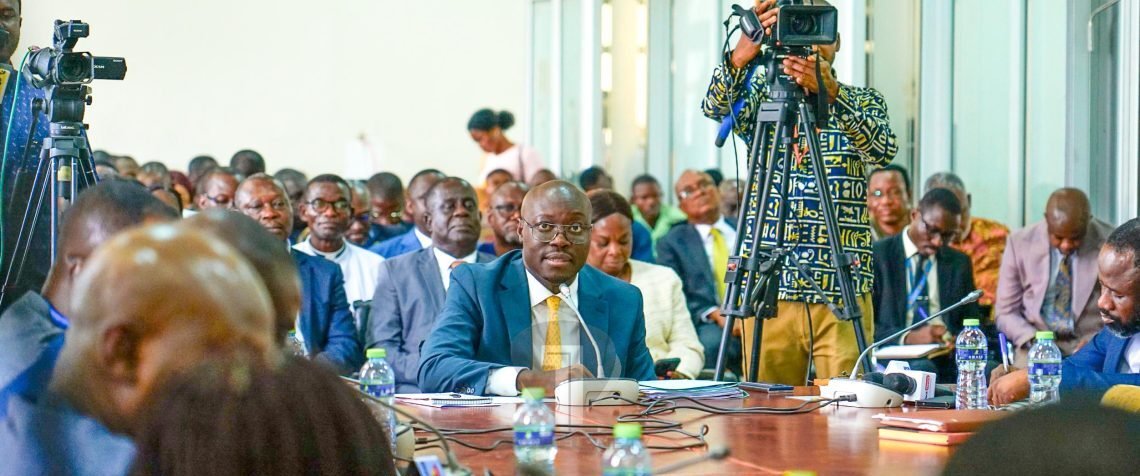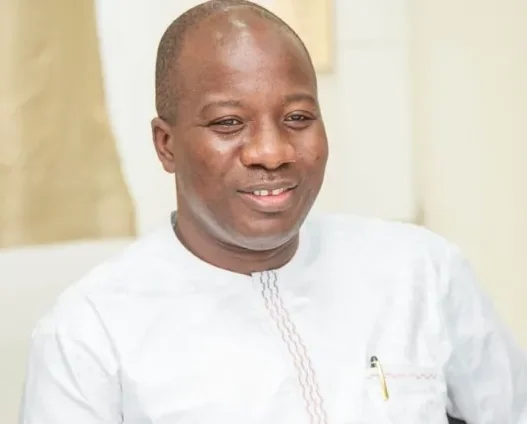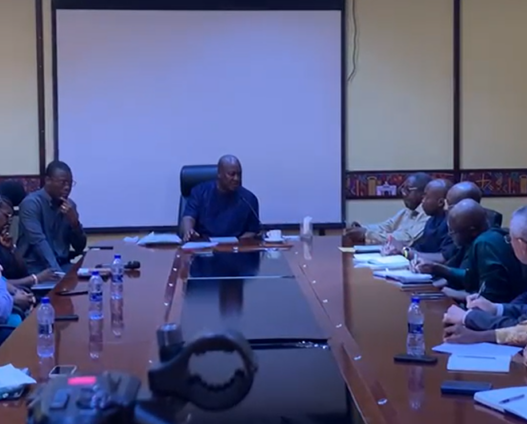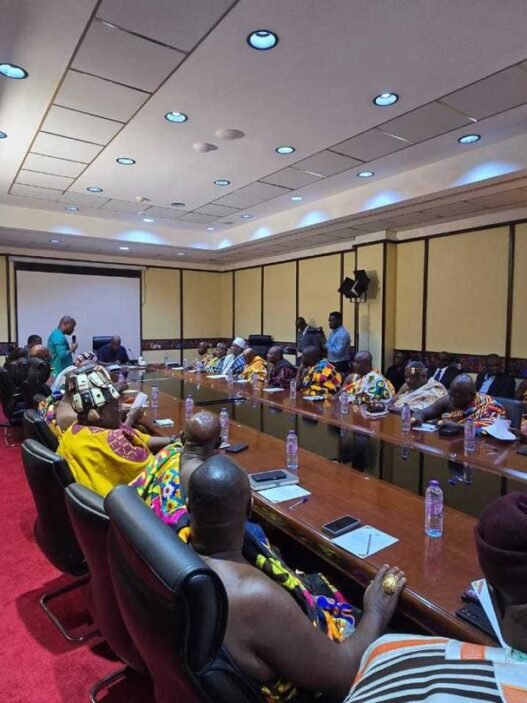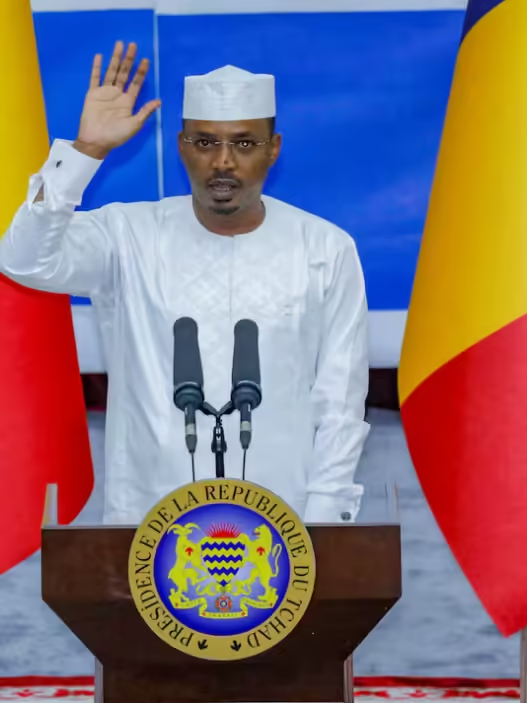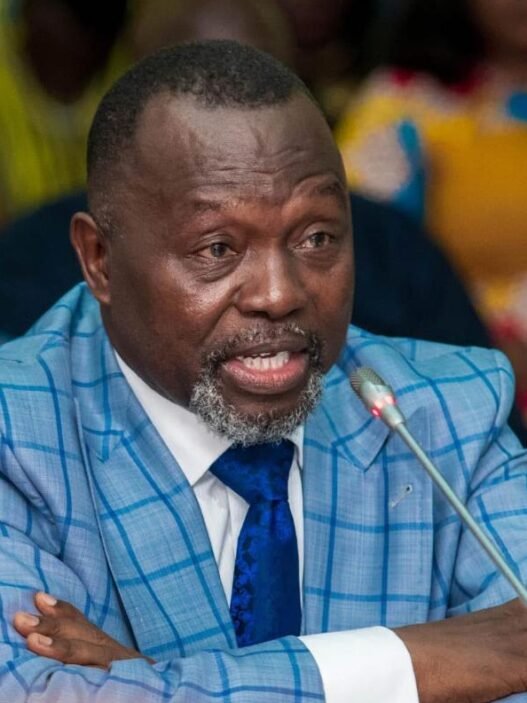Ghana’s Finance Minister-designate, Dr. Cassiel Ato Forson, has outlined an ambitious agenda to tackle the country’s economic challenges, emphasizing fiscal discipline, job creation, and citizen-focused reforms. During his vetting before Parliament’s Appointments Committee on January 13, 2025, he laid out his strategies across key economic areas.
1. Economic Stabilization and Price Reduction
Dr. Forson pledged to stabilize the Ghanaian cedi, reduce the cost of living, and lower inflation. Acknowledging the financial strain on Ghanaians, he promised prudent fiscal measures and sound monetary policies to achieve economic stability.
“My priority is a stable cedi, lower prices, and job creation,” he stated.
Key measures include:
- Collaborating with the Bank of Ghana to stabilize the cedi.
- Aligning government spending with revenue generation to curb inflation.
- Restoring investor confidence to boost economic growth.
2. Abolition of Betting Tax and E-Levy
Dr. Forson reiterated his strong stance against the betting tax and E-Levy, vowing to abolish both in his first budget.
Betting Tax
He argued that the betting tax has failed to meet revenue expectations and has instead stifled the sector.
“The betting tax must be abolished because it has failed,” he declared.
E-Levy
The Minister-designate criticized the E-Levy as burdensome and ineffective, raising concerns about its classification and impact.
“My position on the E-Levy has not changed. I will abolish it to ease the financial burden on Ghanaians.”
3. Road Toll Restoration
Dr. Forson confirmed the National Democratic Congress’ (NDC) plan to reintroduce road tolls, emphasizing their importance in funding road maintenance.
- Rationale: Road tolls are globally accepted and necessary for sustainable infrastructure development.
- Focus: Efficient toll collection to ensure revenue is directed toward maintaining road infrastructure.
“If you use the road, you pay a toll. This is standard practice worldwide,” he explained.
4. Job Creation and Private Sector Growth
Job creation remains at the core of Dr. Forson’s economic strategy. He stressed the importance of resource allocation to employment-generating sectors and creating a conducive environment for private sector growth.
“Job creation will be at the heart of our economic strategy. Every Ghanaian must have the opportunity to thrive,” he assured.
5. Reducing Government Waste
Dr. Forson promised to manage public resources efficiently, curbing unnecessary government expenditure and focusing on high-impact investments.
6. Public Sentiment and Accountability
Dr. Forson seeks to establish himself as a listening leader who prioritizes the well-being of Ghanaians. He requested divine guidance as he works to transform the economic landscape, leaving a legacy of reduced prices, economic stability, and sustainable growth.









